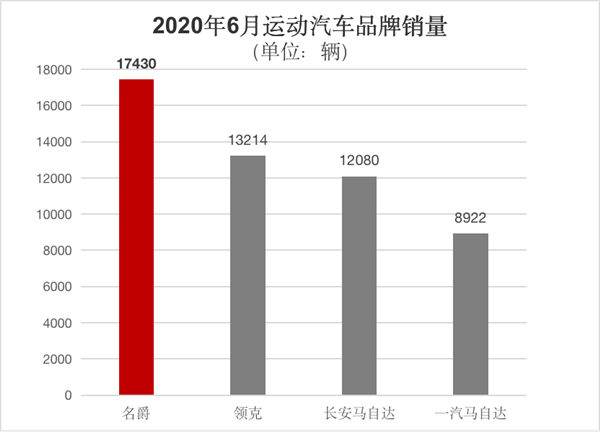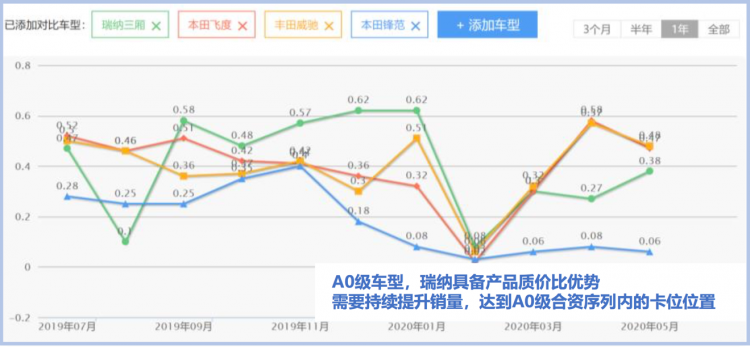Craftsman Spirit: A Primitive Moral Viewpoint
Speaking of craftsmanship, let’s first look at its definition. “Craftsman spirit” is a kind of professional spirit, which is the embodiment of professional ethics, professional ability and professional quality, and a kind of professional value orientation and behavior performance of practitioners. The basic connotation of “artisan spirit” includes dedication, leanness, concentration, innovation and other aspects.
If we only look at the four connotations of craftsman spirit, we find that it reflects the most primitive professional spirit. To invest in a career, you must be dedicated, focused on your work, and constantly promote the development of your work. This is a mission and professional ethics. It is the way to stand as a “worker”.
![[Industry] Explore the craftsman spirit of the camping industry](https://img.ucar.run/ecar/13060.jpg)
So why should the spirit of “everyone has it” need to be vigorously advocated now?
With the acceleration of our country’s reform and opening up process, a large number of new things are pouring in front of us, and there are more opportunities with less investment, short cycle, and quick results. Services are gradually appearing in our field of vision.
“Forgetting the origin” is the original intention of advocating the spirit of craftsmanship. Regaining the spirit of craftsmanship is also the general trend, and it is the only way to go from manufacturing a big country to creating a big country.
For the manufacturing industry, it seems easier to realize the craftsman spirit by making products fine and detailed, from the control of raw materials to the exquisite craftsmanship. As for the tourism industry, it is more about providing services, which cannot be seen or touched. How to embody the spirit of craftsmanship is a problem for practitioners. Especially for a new industry such as camping, there is no reference and reference, and everything has to be crossed by feeling the stones. The craftsman spirit in service requires the continuous exploration and exploration of all practitioners.
Exquisite service: starting from the user
“Customer is God” should be the criterion of all service industries. We have said this for many years, but what is the real situation?
The author once browsed thousands of negative reviews of campsites from OTA users in a project, and divided them into five categories, including poor infrastructure maintenance, mismatch between expectations and reality, and problems with camp planning. Among these problems, poor service was the most responded, accounting for more than 40% of the total.
![[Industry] Explore the craftsman spirit of the camping industry](https://img.ucar.run/ecar/13061.jpg)
There are also various evaluations of dissatisfaction with the service. Some front desk staff are very inexperienced in business, some doormen sleep soundly during work, some staff ignore users’ answers, and some even make things difficult for customers. It makes people laugh and cry, and I don’t know how to evaluate it.
If the hotel industry is already an area with top-notch services in the tourism industry, there is still a certain gap in personnel services in non-standard accommodation areas such as homestays and camps. This is where we must vigorously promote the spirit of craftsmanship.
Stones from Other Mountains: A Combination of Reference and Development
In exploring the service model of non-standard accommodation, the following points are worth learning.
One is to increase the proportion of self-service. In terms of mobile Internet development, it can be said that China is a “first world country” and other countries are “third world” countries. It is no longer a dream to be able to go out with a mobile phone. If this advantage is embedded in non-standard accommodation forms such as camps, users can use a mobile phone to walk around the camp, self-service check-in, ordering meals, and understanding the use of equipment, etc., which can greatly reduce labor costs. At the same time, self-service processing can also greatly increase the efficiency of processing.
![[Industry] Explore the craftsman spirit of the camping industry](https://img.ucar.run/ecar/13062.jpg)
The use of self-service equipment reduces labor costs, but this does not mean that operators can relax. This is a double-edged sword. While users enjoy fast and convenient handling, operators need to know every service well, and most of the problems encountered by users can be solved through equipment. This poses a challenge to operators. higher requirement. This is also the key to exploring the spirit of craftsmanship.
The second is to increase the proportion of basic equipment. Comfortable environment and calm service need more basic equipment support. At present, there are no more mandatory standards for camp construction, and there are prone to shortages and insufficiencies in infrastructure. A large part of the negative comments from OTA users are complaints about showers, toilets and other facilities in the camp.
For the ratio of equipment, you can refer to the standards of foreign camps. For example, every 25 camps in an Australian camp needs to be equipped with a shower and a toilet. According to years of experience and verification, this standard can meet the needs of guests, and at the same time, it will not make guests feel that the equipment is tight and crowded.
If we set more basic equipment through such standards in actual operation, we can receive users calmly, and the user’s sense of use and happiness can also be greatly improved.
![[Industry] Explore the craftsman spirit of the camping industry](https://img.ucar.run/ecar/13063.jpg)
The third is to strengthen the establishment of a unified online integration platform. The shortage of operating personnel is a problem in many non-standard accommodation forms at present, which also results in a lack of sense of service, especially in small-scale camps and homestays. How to allow limited operating personnel to devote more work, or replicate to more camps and homestays through feasible operating models and processes, the online unified platform of integrated marketing is a solution.
At present, similar platforms have been tried to operate, and the service has been modeled, streamlined, and replicable. Through unified standard services, more small-scale operators can enjoy standard services, which can save costs and allow users to enjoy more good service.
In addition, services are not like physical objects, all indicators can be quantified into numbers, and services are feelings, and such feelings have different effects for different users, so we are advocating the “artisan spirit” of services “, it is necessary to pay more attention to “popularization” and “popularization”.
At the same time, there should be corresponding special service standards for different groups of people. For example, it is essential to introduce more targeted service guarantee measures for people with disabilities in different parts of the body, and it is also a reflection of service refinement and craftsmanship.
After all, there is still a long way to go for the tourism industry to serve the craftsman spirit, and more problems will emerge, which require the concerted efforts of the entire industry to overcome them one by one. Exquisite service, the road ahead.




